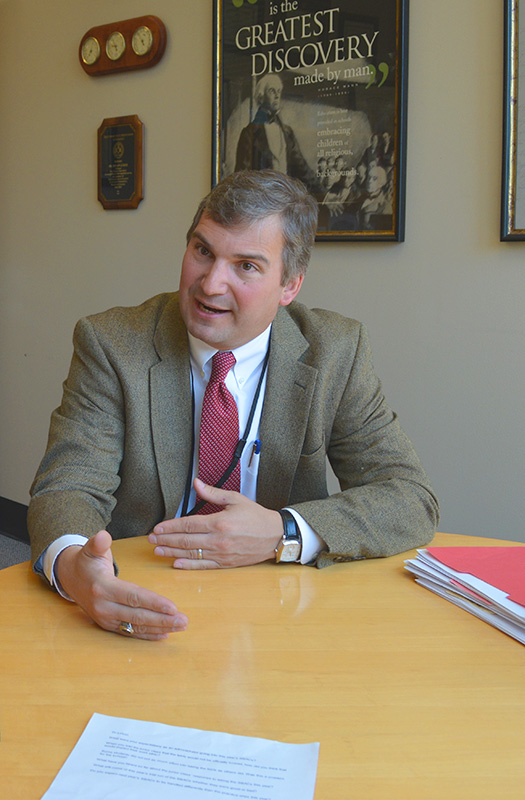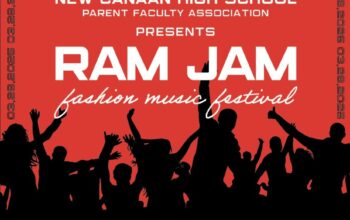Matt Riley
Reporter
This spring, NCHS juniors were introduced to the Smarter Balanced Assessment Consortium tests as a trial run before the assessment’s formal debut next year. However, with a lot of work to be done heading into the third and fourth quarters, it was difficult for students to find the motivation to take the tests as seriously as they were intended to be. Frustration and stress levels only rose as juniors headed in to take the assessments while the rest of the school left for home after a half day.
“Initially, I was pretty surprised when it was announced we had to take the SBACs this year,” Junior Charles McEnany said. “It seems like the worst possible year to take additional tests, considering juniors already take SATs,  APs, and are generally more focused on college,” he said.
APs, and are generally more focused on college,” he said.
Few juniors felt they had the time or the energy to take the tests as seriously as the school wanted. “I didn’t really feel it was important to put much effort into the test,” Junior Beth Kelley said. “I was more concerned about getting out of there to make up the work that our teachers had then transferred into homework to keep up with the curriculum,” she said.
Even students who initially tried to take the test thoroughly stopped putting in the time after seeing so many others breeze through the exam. “For most of the tests I tried to do my best and get through all of it, to accurately show the test’s difficulty,” Junior Alex Russell said. “But after everyone was done and waiting for me to finish my test, I decided to stop trying and fill in random answers as other students had done,” he said.
After completing the exam, it seemed to most students like it had taken away from prep time for other coursework. “When you tell kids who are already bogged down with the workload of the college process that the tests will have no impact at all, it’s really hard to get students to take them seriously,” Charles said. “The results from the tests will be so inaccurate and flawed that they will be useless,” he said.
The main problem that many juniors had was that they had no time to spare in order to keep up with existing work in class. “This assessment could’ve been managed more effectively if it was taken seriously and didn’t take away do much time from our regular classes,” Alex Russell said. “It didn’t seem worthwhile at all.”
Dr. Luizzi had hoped that SBAC testing would be taken as an opportunity for juniors to learn about online testing for the future. “I had to tell students that the test isn’t ready to take yet where we could be accountable for the scores,” he said. “I think there was an opportunity for students to try these new tests and get a feel for them. That being said, I understand the pressure. Students came to me and reminded me of the pressures of junior year, how hard they’ve been working. They didn’t necessarily think that this was fair for them.”
Although it seems the reaction the tests brought about from this year’s juniors was not ideal for the administration, Dr. Luizzi believes that it can be taken as a learning experience for next year’s SBAC tests. “Really, being a field test, I wanted a chance to see if the ipads worked, if the computers worked, what the bandwidth was like, the technical requirements of the whole thing,” he said. “When we start using the scores of individual students next time, I think the tests might become an entirely different experience. Whether we use the tests as a graduation requirement is still undecided, but I’m confident that using more precise scores will enable us to get more accurate results for a test that makes more of an impact than this year’s did.”




